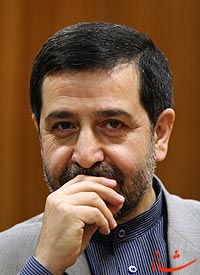Iranian oil minister’s special representative for Iran-India-Pakistan (IPI) gas pipeline talks Hojjatollah Ghanimifard, in a joint press conference with his Pakistani counterpart before the finalization of the agreement, underlined that
In addition, an advisor to Pakistani prime minister on energy affairs, Mukhtar Ahmed also underlined at the same press conference that
Why energy-savvy
Despite its laggard involvement in IPI talks, the southern Asian country needs huge amount of energy for its flourishing economy. Any Indian government has to strive to meet its energy demands from various and diverse sources in the future. In other words, diversity of energy sources is a must in the current world political climate.
Dependency of countries on one source or one route is too risky and would reduce energy security. Indian officials are undoubtedly well aware of this.
Even if investments by the Indian government in oil and gas explorations are successful, it will be unable to meet domestic energy demand from these sources. Furthermore, gas will become an important source of energy in the future. Some reports indicate that even if
Oil prices climbed to $98 per barrel last week. Some analysts contend that it is edging towards $100 a barrel. A host of policymakers and oil experts believe the rise in the price of the strategic fuel is inevitable.
As is evident in reports by the International Energy Agency (IEA),
The IPI pipeline known as the ’Peace Pipeline’ can become a major source of energy for both


Your Comment